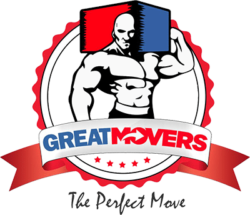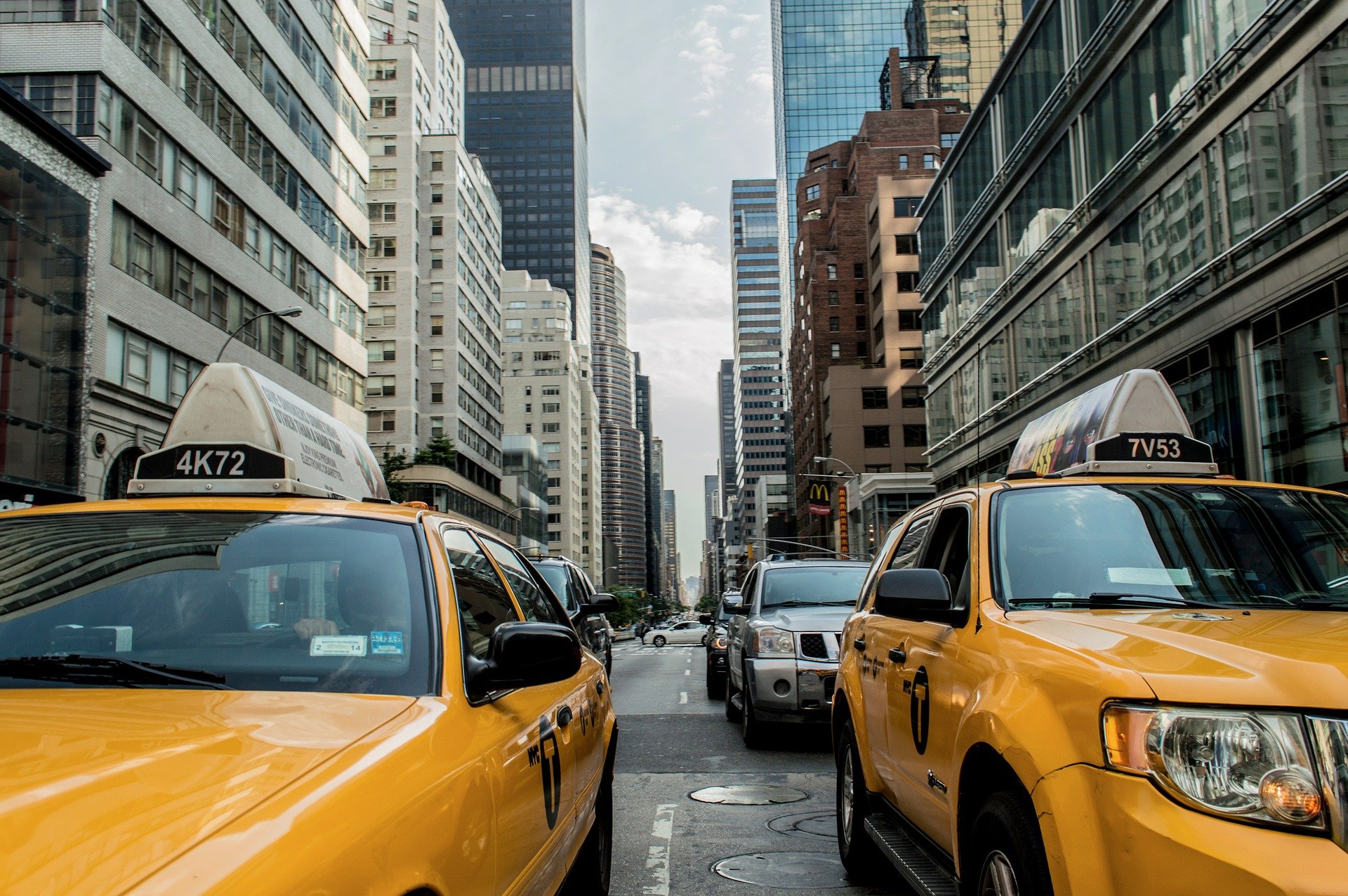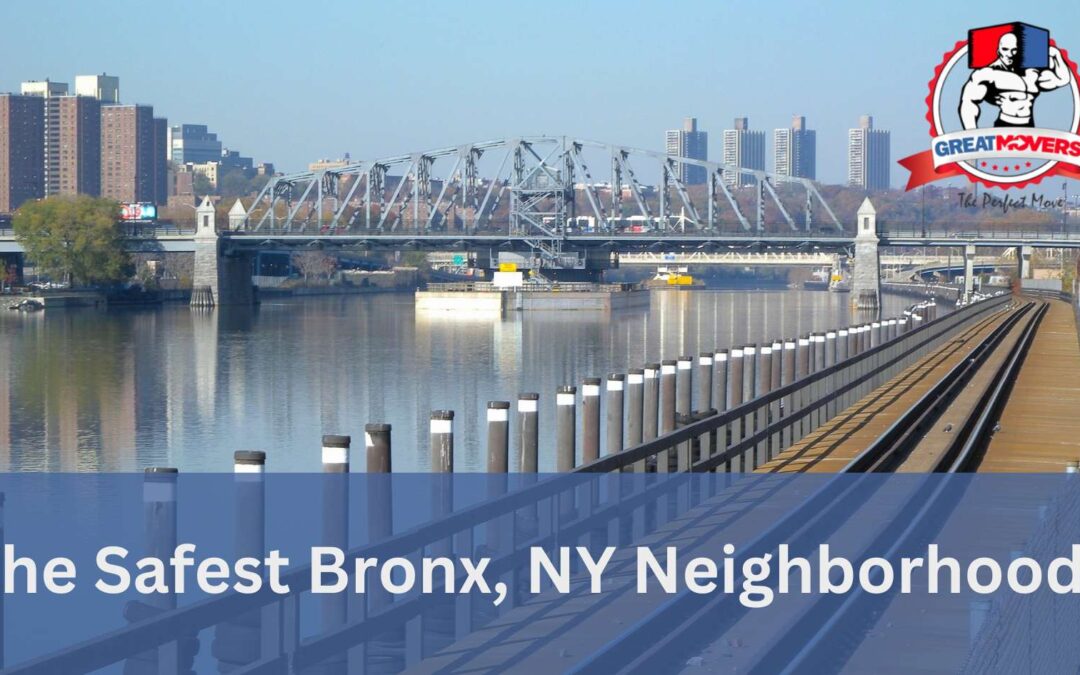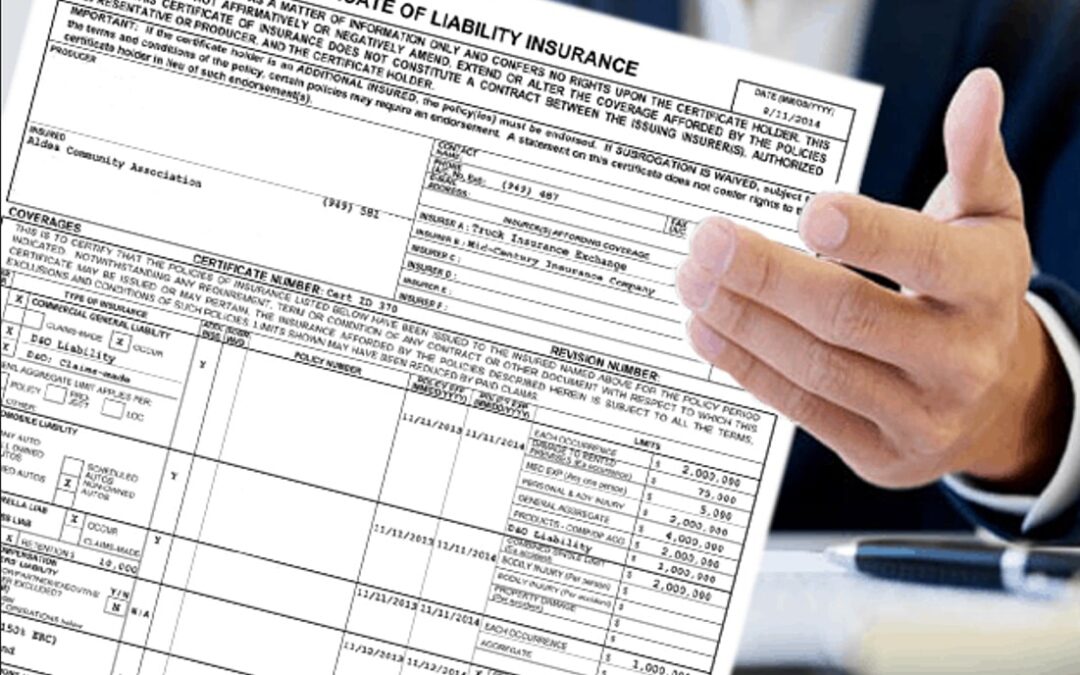For many people, New York City continues to be a major destination. While the number of transplants decreased in 2020 due to COVID, many people continue to move to the Big Apple due to the promise of better jobs, world-class cultural institutions, amazing food, and more. Even TV shows and movies glamorize life in the big city.
However, before you decide to move to the city, there are a few things you should consider. You don’t want to make that big move only to realize that you really don’t like New York City after all. While there’s certainly a lot to love about NYC, there’s also plenty to dislike too.
Pros of NYC
Job Market
There’s a reason why people continue to move to New York City. Around 264,000 people move to New York City every year with about two-thirds being adults between the ages of 18 and 34. For many people, the city is a land of opportunity and can lead to fulfilling jobs in finance, entertainment, research, technology, fashion, commerce, and much more. With so many large and small businesses alike, chances are you’ll be able to find the career path of your dreams. Plus, you’ll likely get paid much more in your field of choice than if you lived in smaller cities or towns.
It’s also a great place for entrepreneurs as there’s plenty of talent and venture capital located in the city. The tricky part is finding and networking with people who can help you build your business. Luckily, there are many free resources you can find including SCORE, NYC Small Business Services, and more.
Diversity
With a population of around 8.4 million people, New York City is a melting pot of people of different lifestyles, cultures, subcultures, religious beliefs, etc. Moving to New York City means you can broaden your cultural experiences. At the same time, it also guarantees you’ll be able to find people who share the same culture, language, and background.
Luckily, it’s relatively easy to meet new people as there are a variety of groups you can join that focus on particular interests or backgrounds. While you won’t get along with everyone in said group, you can always just keep in touch with the people you really click with.
Food
Going hand-in-hand with diversity comes the plethora of food options. You don’t even have to travel to get a taste of countries from around the world. There are also around 76 Michelin rated restaurants in the city, with many being affordable enough they won’t break the bank. Of course, you can always splurge on special occasions, but why bother when so many restaurants can provide similar quality at lower prices?
If that’s not enough, most restaurants will deliver their food right to your doorstep. Food delivery offers various services such as Seamless, DoorDash, and UberEATS so you can easily order all your meals if you like. Heck, if you prefer cooking at home, you can even get your groceries delivered to your doorstep thanks to Amazon Fresh, FreshDirect, Mercato, and more. Of course, there’s nothing quite like shopping for fresh produce in person. Luckily, there are plenty of options to choose from including Whole Foods and Trader Joe’s. You can also head down to Chinatown for cheaper prices and for other items you might not see in a typical grocery store including lychees, durian, frog legs, and more.
Cultural Institutions
Whether you’re into ballet or museums, there’s something for everyone in New York City. You can catch a Broadway matinee and then head over to the Guggenheim to see some amazing art pieces or just hang out in the Temple of Dendur (yes, it’s actually the real temple and not a replica). You can easily fill up your calendar with nightly activities and still not see everything that the city has to offer.
While there are the main institutions such as the NYC Ballet, museums, Broadway, and Lincoln Center, there are also plenty of smaller theaters, event spaces, concert halls, and dance troupes that you can discover. Plus, since they are not as well-known, they tend to cost less money than the bigger names, which is great for your pocketbook. There are even free events you can find that happen around the city including open mic nights, Shakespeare in the Park, and more.
Cons of NYC
Price
If you’ve done any research into New York City, you’ll quickly realize that it’s an incredibly expensive place to live. NYC rent prices are some of the highest in the nation and can be offputting for a lot of people who plan on moving here. For a studio apartment, you can expect to pay at least $1700 depending on the area. For more desirable locations, you may end up paying more.
You can negotiate with the management company or landlord on the rent although you’re not guaranteed to get a lower price. With that said, the best time to rent in NYC is during the winter. Most leases expire in the spring and/or summer and apartments that are empty in the winter tend to take longer to lease out. If you have good credit and can catch prove that you’ll be a good tenant you might be able to take off a couple hundred dollars. Just make sure that your apartment is rent-stabilized or, at the very least, that the rental contract specifies the percentage the management company can raise rents every year. Otherwise, you might save some money at first, but when your lease is up, you might find that a lease renewal will increase your rent by hundreds of dollars.
To get around these sky-high prices, many residents end up sharing their apartment with roommates. While most roommate situations can work out just fine, there are plenty of other horror stories. If you’ve never looked for a roommate before, you should figure out what traits you want for a roommate and make sure that whoever you choose to live with fits your criteria.
Your apartment isn’t the only expense you need to worry about. Almost everything costs more in New York City than other locations around the United States from groceries to fast food to utilities to parking spaces. The cost of living is around 25-30 percent higher in New York City, so make sure that if you move here for work, that you’re getting paid enough to support yourself.
Public Transportation
A pro and con of New York City is its public transportation system. In general, it’s fairly robust and covers almost every inch of the city whether by train, bus, or boat. Thanks to that, you really don’t need to have a car, which can reduce your overall expenses. Plus, the buses and trains run 24/7 so you can always make your way home even after a crazy night out. The subway and bus fares are also affordable compared as it’s a single price system, unlike other options that charge by distance.
As convenient as the public transportation system is, it can be unreliable at the most inopportune times. As one of the oldest subway systems in the world, chances are there will be some kind of maintenance happening at some point. This, of course, leads to delays which can make you late to work or an appointment.
Also, if you don’t like crowded spaces, the subways during rush hour can be horrible. Millions of people rely on the subway to get to and from work so you’ll end up packed like sardines during the morning and after work. Depending on where you live, you might have to let one train pass as it might be too full.
Old Apartments
While there are plenty of new high-rise developments going up across New York City, many residential buildings are old (also known as pre-war). Depending on how old the building is, it can mean you have limited amenities, older heating units, inconvenient layouts (hello bathtub in the kitchen), drafty windows, and other issues. Probably one of the least attractive qualities of these pre-war apartments is that many are walkups, which can make moving quite a challenge if you end up on the sixth floor.
Still, there’s plenty of charm in older buildings from their designs to their larger room size. Many older buildings are also well maintained and some might even be renovated. As well, older buildings have a higher chance of offering rent-stabilized apartments so you don’t have to worry too much about your rent hikes every year.
Moving to NYC
Once you’ve weighed the pros and cons, you’ll need to finalize your move to New York City. Finding a good apartment can be time-consuming as you will have to scour various listings to find the apartment that matches all of your needs. Before you decide on an apartment, make sure to see it first. There are plenty of scams on the internet that take advantage of people who rent places sight unseen. If you can, rent out an Airbnb for a week or two so you can view your options in-person. As well, meeting the brokers and agents in person can help you avoid bait-and-switch scams.
So should you move to NYC or not? That’s up to you to decide. If you’re okay with the trade-off of the high cost of living but access to some of the best food, entertainment, and culture in the nation then it might be a good fit. If you need space and don’t want to live in a building with at least 30+ other people, then you might want to consider living a bit outside of the city.
FAQ
How do I downgrade from my house to an apartment?
Downgrading can be difficult, but if you’re moving from a house to an apartment you’ll need to get rid of a lot of belongings. Most studio apartments measure around 200-300 square feet. Only take what you know you will use every day and donate, recycle, or throw out the rest. You can check out this guide for more information.
How much would it cost to hire movers to move me to NYC?
Moving costs will vary based on where you’re moving from and the amount of time it will take to load and unload your belongings. You can reach out to us for a free quote.
Where is the best place to live in NYC?
It’s hard to choose a ‘best place’ as everyone wants something different. If you’re looking for peace and quiet, Queens can be a great location. For nightlife, the East Village or Greenwich Village offers great restaurants and bars. If you want to stay within Manhattan, check out this guide for some ideas.






